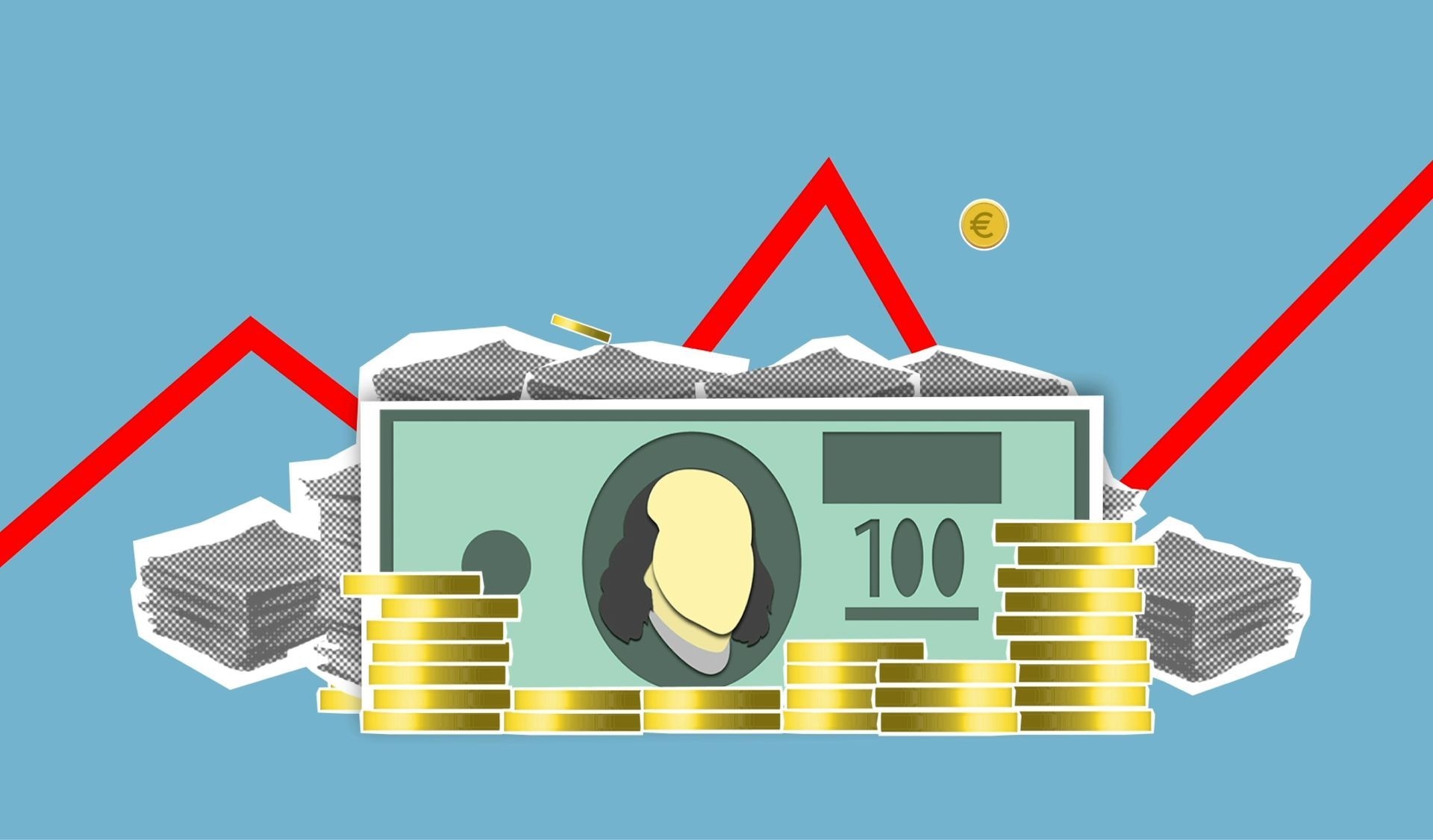Is The Stock Market Changing Course?

The United States stock market changed course.
Last week, the strength of the United States economy slowed investors’ roll. Federal Reserve (Fed) Chair Jerome Powell told business leaders in Dallas, Texas, that the performance of the United States economy has been “remarkably good,” better than any major economy in the world, which gives the Fed “the ability to approach our decisions carefully.”
Powell’s comments caused investors to reassess the likely pace of rate cuts. As they did, the probability of a December rate cut fell sharply, according to the CME FedWatch Tool.
The likelihood that the Fed may lower rates more slowly than expected roiled markets. Lu Wang, Isabelle Lee, and Emily Graffeo of Bloomberg reported, “With the world’s most important central banker in no hurry to ease monetary policy thanks to a still-robust labor market and strong economic data, bond yields once again rose and dragged stocks lower in their wake. Down 2 [percent] over five sessions, the S&P 500 erased half of its trough-to-peak gains since the election. Combined with losses in corporate credit and commodities, the week rounded out a pan-asset retreat that by one measure was the worst in 13 months.”
Investors’ changing outlook was shaped by other factors, too. These included:
· Elevated stock valuations. Bella Albrecht of Morningstar reported, “The U.S. stock market is trading at an 11 [percent] premium to its fair value estimate.” The data reflected share prices on November 13, which was midway through last week.
· The risk of inflation rising again. Many economists believe the incoming administration’s spending and tax policies have the potential to reignite inflation, which could lead the Fed to reassess monetary policy.
· A disrupting cabinet nomination. Robert F. Kennedy Jr. to lead the Department of Health and Human Services rattled healthcare and consumer staples sectors of the market. “Shares of biotechnology and pharmaceutical companies fell, with the S&P 500 Pharmaceuticals index down about 2 [percent]. Shares of packaged food and beverage giants…also declined,” reported Samuel Indyk and Ludwig Burger of Reuters.
By the end of the week, major U.S. stock indices were down. U.S. bond markets continued to be wary of tariffs and inflation, lifting the yield on the benchmark 10-year U.S. Treasury to 4.5 percent. By week’s end, though, the 10-year Treasury yield had settled at 4.3 percent, reported Liz Capo McCormick of Bloomberg.










